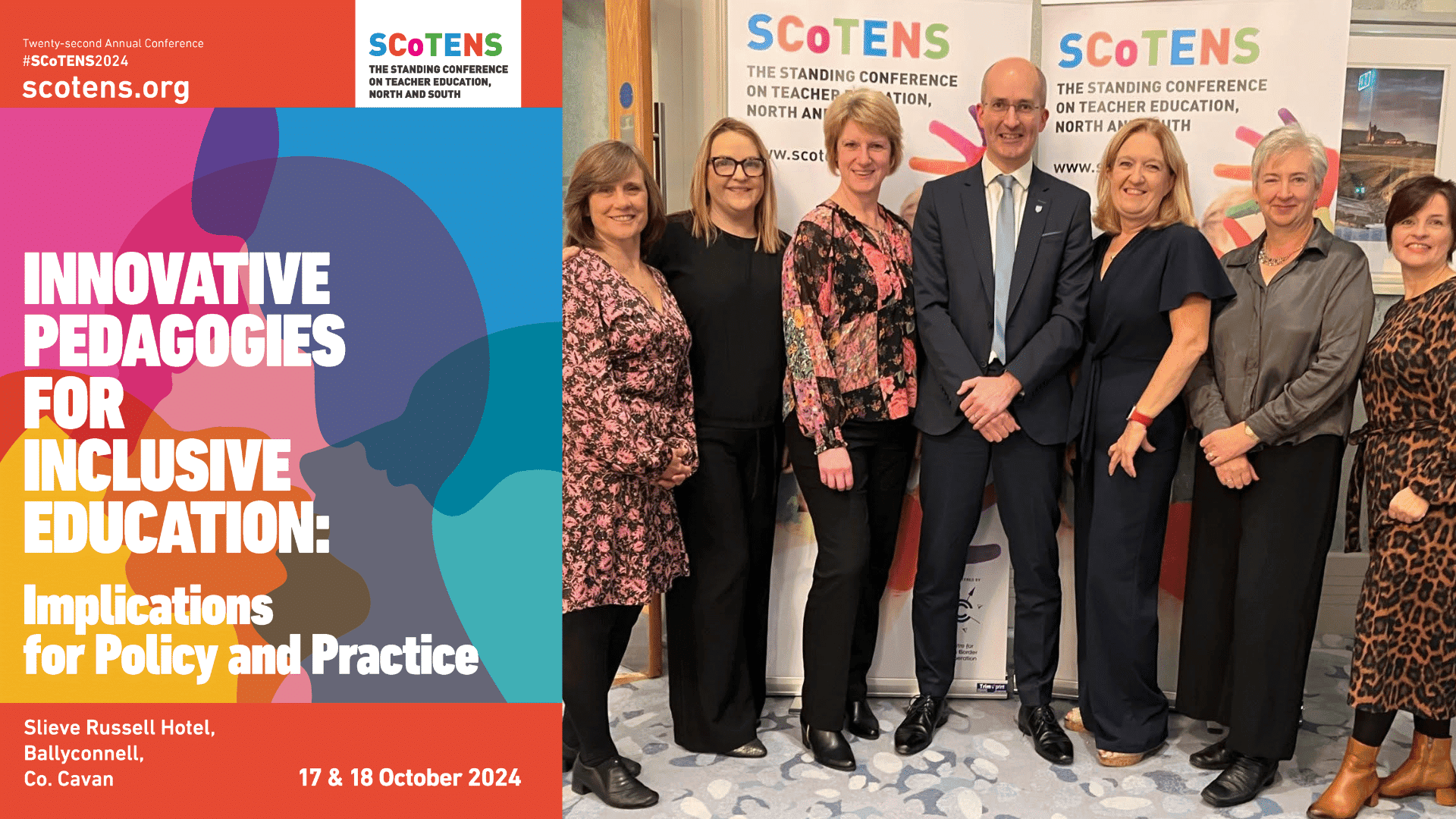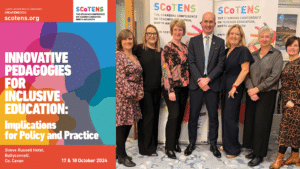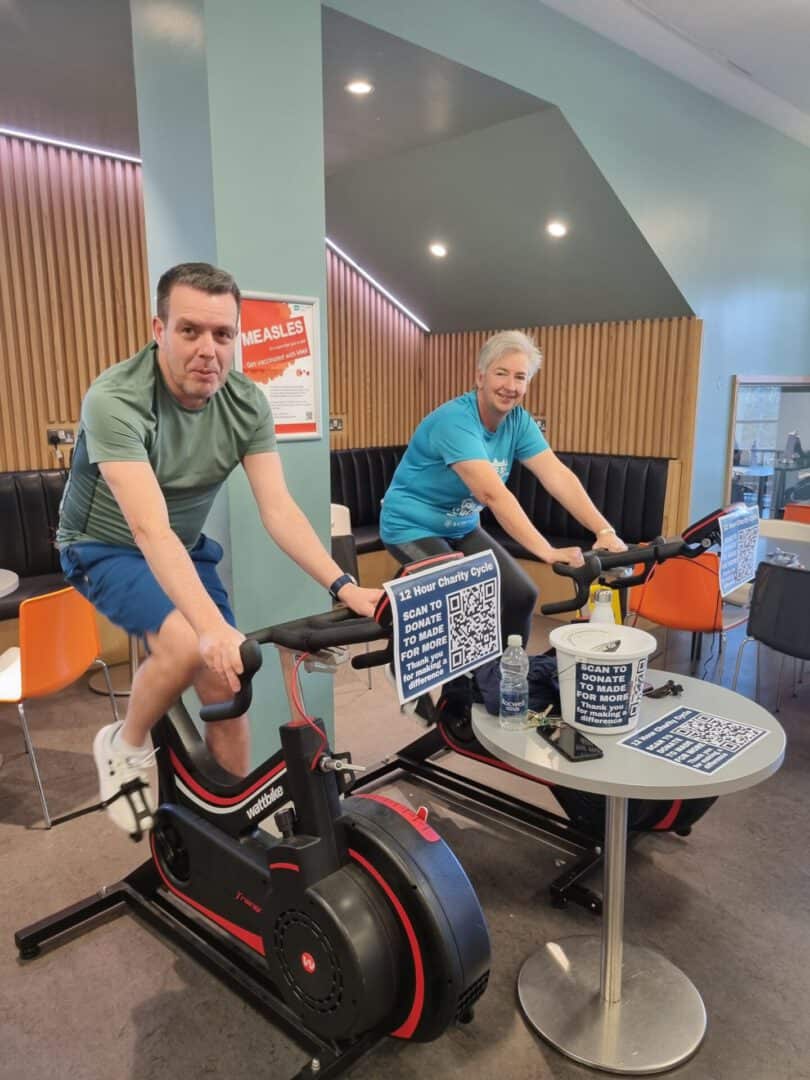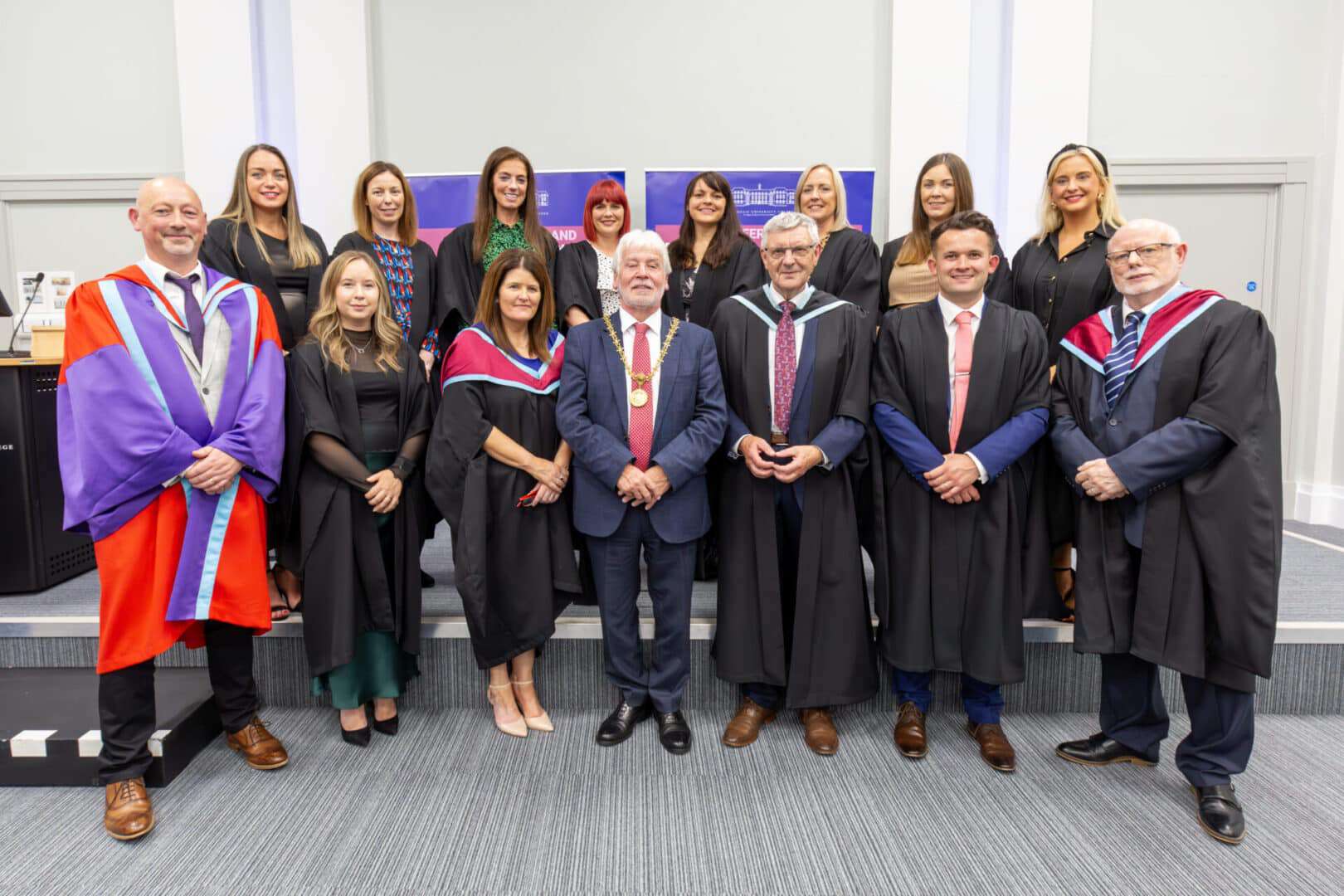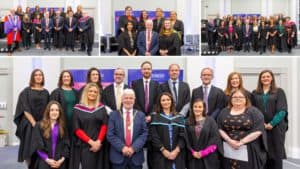The Students’ Union Executive has announced a record-breaking success for their annual charity week, raising an impressive £19,173 for their three chosen charities: Children in Crossfire, Made for More, and Simon Community NI. Taking place from Monday 4th-Friday 8th November, students came together in extraordinary ways to support the event, which included a variety of creative and impactful activities throughout the week.
Highlights from Charity Week:
- A sleep out on Stran Green on Monday evening where students braved the elements to raise awareness of the issue of homelessness in NI and raised funds for the Simon Community NI who seek to end homelessness in all its forms.
- ‘Stranded’, in which 3 teams of 2 had 12 hours to get as far away from Stranmillis as possible with no phones, car keys or their own money. They only had a small percentage of the donations you gave plus whatever they could get along the way. They were accompanied by a member of the Exec who ensured they were kept safe, followed the rules and were able to film it all so we could follow along! The final destinations were Leeds, Marrakech with the winners Max Loughery and Rhodri Phillips ending up in Gran Canaria. Between the teams they raised just under £3000.
- ‘Off The Charts’ saw 4 students represent their year group and the more money they raised, the worse their forfeits became. They raised £600 in just one morning so it was all worth it!
- Stran Does Strictly, the most glamourous night in the college calendar, returned on Wednesday and Thursday and our 10 amazing couples put on an incredible show with their brilliant routines. Congratulations to the winning couple Josh Nicholl and Alice Clarke! If you missed it, you can watch the show in full on YouTube here -> https://youtu.be/UL6PttLMskA?si=XFT5Qjx4iSAgp73O
- Our NASUWT Cash Call in which 3 students receive that all important phone call with 1st prize winning £300 and 2 runner up prizes of £100.
For those who missed the chance to donate, the charity week’s fundraising links remain live until Friday, November 22. Supporters can contribute here: https://linktr.ee/StranSU
The Students’ Union Executive extended their heartfelt gratitude to everyone who contributed to the week’s success.



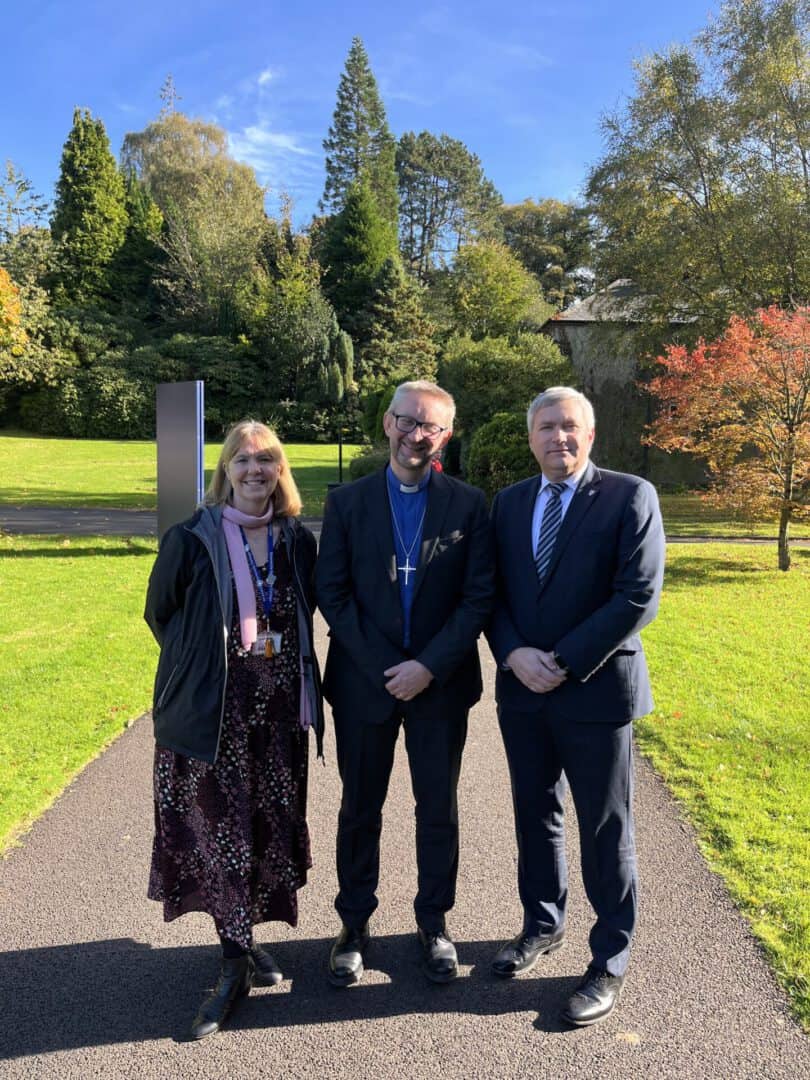


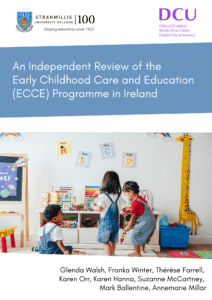 A major independent review of the Republic of Ireland’s Early Childhood Education and Care (ECCE) programme, led by Stranmillis University College’s Head of Early Years, Dr Glenda Walsh, was published this week by the Irish government’s Department of Children, Equality, Disability, Integration and Youth (DCEDIY).
A major independent review of the Republic of Ireland’s Early Childhood Education and Care (ECCE) programme, led by Stranmillis University College’s Head of Early Years, Dr Glenda Walsh, was published this week by the Irish government’s Department of Children, Equality, Disability, Integration and Youth (DCEDIY).
